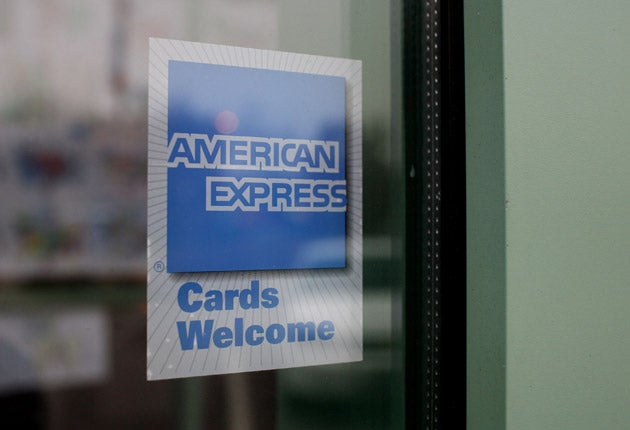The great credit card scandal continues
New figures show average credit card interest rates are rising - soaring in some cases - despite the record low Bank of England base rate

You might expect, when the sharp-suited Governor of the Bank of England says the base interest rate for the UK is being cut, that the interest we earn on our savings and the charges we incur on our debts would drop, especially as that base rate had already been at a historic low for years.
It has certainly been the case for savers – now facing the prospect of exposing their money to greater risk in order to maintain the status quo on their savings returns. Mortgage rates are at bargain basement levels too and personal loan charges continue to slide.
But if you had hoped the charges you pay on credit card debt would to go the same way, you're in for a nasty surprise.
New figures from price comparison site Moneyfacts.co.uk has found that over the past year the average credit card interest rate has hit a record high of almost 23 per cent, up from 21.5 per cent a year ago. Although it may still be too early to say whether the latest base rate cut – to 0.25 per cent in August – will have any effect on borrowing costs this time around, the prededent isn't promising. Last time the base rate was cut – to 0.5 per cent in 2009 – just three lenders followed suit.
Indeed, during 2016 several prominent lenders have significantly increased the amount some new borrowers pay on plastic debt. These include American Express, whose APR on standard purchases through the British Airways Premium Plus card has gone up from 60.7 per cent to 76.0 per cent; HSBC, which has increased the APR on its Premier Mastercard from 11.9 per cent to 18.9 per cent; Santander, which has boosted the APR on its 123 credit card from 16.5 per cent to 18.4 per cent and Virgin Money, whose new customers have seen a rise from 18.9 per cent to 20.9 per cent in some cases.
It’s all because few lenders link their credit card borrowing rates to the base rate, chalking them up against the risk borrowers represent instead, warns Rachel Springall for Moneyfacts.co.uk.
“Although interest is rising, there are still a significant number of cards offering interest-free deals that customers can compare, but they must take note of when the deal ends. Lenders can increase interest rates at any point if they feel there is more risk as a result of economic changes, which is why borrowers must be proactive at switching their debts. Borrowing £4,000 based on 22.8 per cent APR would cost £1,406 in interest, which would take three years and one month to pay off if a repayment of £150 is made each month. However, if a borrower opted for the best interest-free credit card and paid back the debt before the offer ended, then they could avoid accruing interest charges altogether.”
Simon Hall, a spokesperson for Virgin Money said the lender had no intention of dropping the APR on its credit cards any time soon. “The APR is one aspect of a credit card, but it is the all-round package that is most important and there are other key factors for customers to consider when they are selecting a card. Virgin Money’s card range focuses primarily on the balance and money transfer segments of the market, where we have long-term 0 per cent deals available. The APR is an important consideration for purchase transactions outside of any promotional periods. The customer should plan how they intend to use the card in terms of balance transfers, money transfers or making purchases and then choose the card that is best suited to meet their needs.
“With Virgin Money all successful applicants receive the promotional rate and duration they apply for. We do not offer shorter balance transfer periods or higher interest rates to customers after reviewing their application. Many customers applying for cards from other providers will not get the published APR – they will be charged a higher rate. We don’t play that game. The advertised rate is the rate accepted customers get and the APR is presented very clearly in all advertising promotions.”
“While there is indeed a saturation of interest-free offers available, it’s all down to the borrower to make sure they can tackle their debts by switching deals and repaying their balance as much as possible before interest applies,” adds Ms Springall. “As a helping hand it would be great to see more providers encouraging their customers to make bigger monthly repayments, particularly if borrowers are unaware of how long their debt could hang over their heads.”
Credit card lenders flying in the face of economic and base rate movements isn’t anything new, however. In December 2008, for example, the average credit card interest rate had risen by more than 1 per cent in the previous three months, despite three consecutive base rate drops over the same period. Even when the then Business Secretary Lord Mandelson demanded the industry come up with a charter to promote fair lending principles and an investigation by competition watchdogs was threatened, some lenders responded by increasing their interest rates further.
Join our commenting forum
Join thought-provoking conversations, follow other Independent readers and see their replies
0Comments